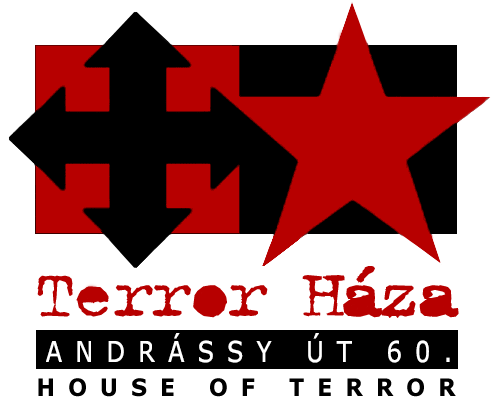
The Glénat intends to represent history through the world of comics. On the one hand, it publishes fiction stories based on historian facts, while on the other hand it also publishes comics of real historian figures in a documentary genre.
The Angel of Budapest was created for the 60th anniversary of the 1956 revolution by the most renowned comic book artist of Hungary, Attila Futaki and the script was written by Gábor Tallai, program director of the House of Terror Museum. Attila Futaki is a world-famous comic book artist whose works have been published in France and the United States as well. He is the regular contributor of the New York Times and the Magazine GQ as illustrator. He is known for his work on the Percy Jackson book series, which became a New York Times Bestseller, the illustration of several comic series including Conan the Barbarian and Severed.
The Angel of Budapest is not an American superhero story; its main characters are everyday, flesh and blood people. The protagonist, János Angyal (his surname meaning angel in Hungarian) is an émigré who fled to the US to avoid retribution after the revolution, he lives in the free world and became successful there, but he remained a Hungarian freedom fighter at heart, with unchanged feelings for his homeland. Angyal in this story undertakes no less than to return to the communist Hungary behind the Iron Curtain in order to seek revenge on Major Petrov, a soviet officer who has recently become Soviet Ambassador and is returning to Hungary, and who had massacred most of his brothers-in-arms decades before.
The authors intended this comic book to tell the story of the lads, girls and boys alike, their life- and- death struggle for freedom and independence, the inhuman nature of the communist one-party state, which remained opposed to freedom till the last moments, without becoming pathetic in any way.


